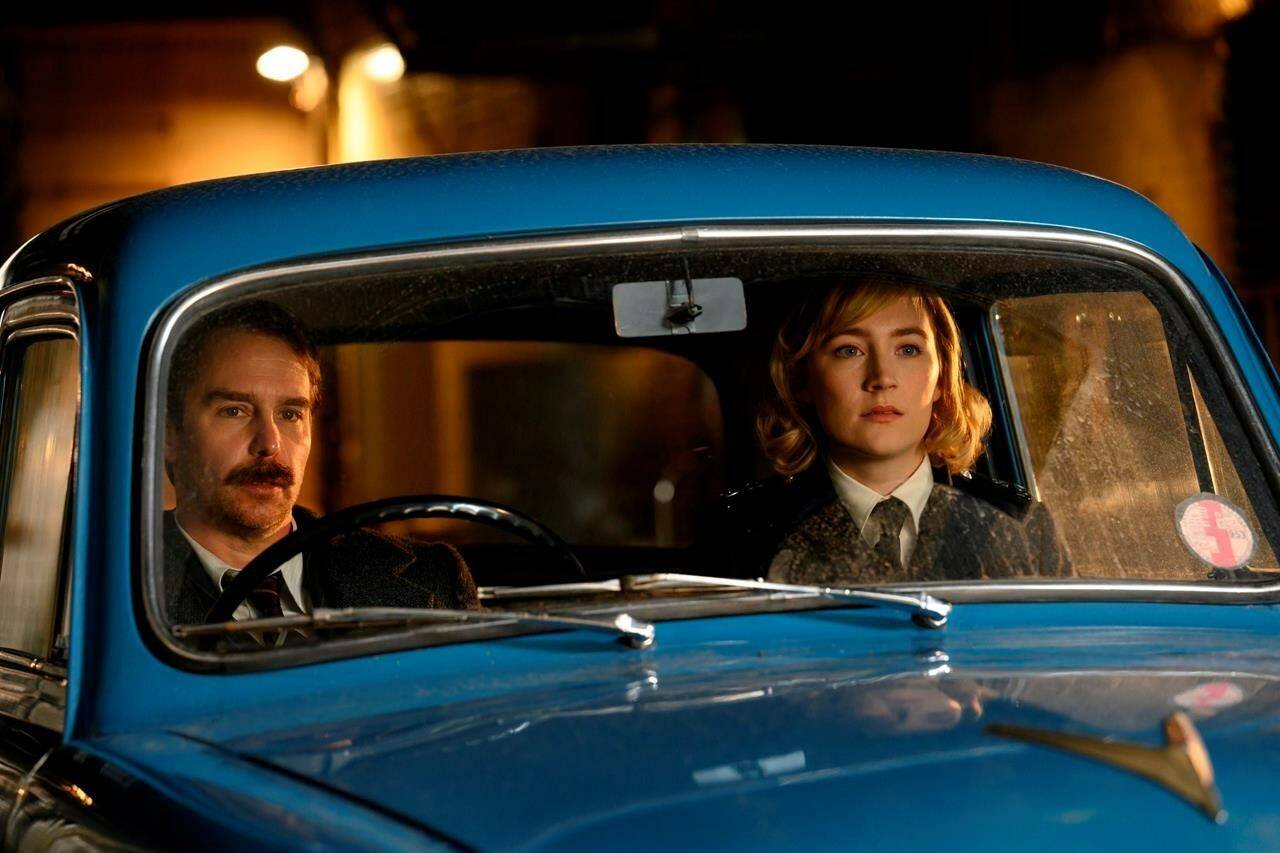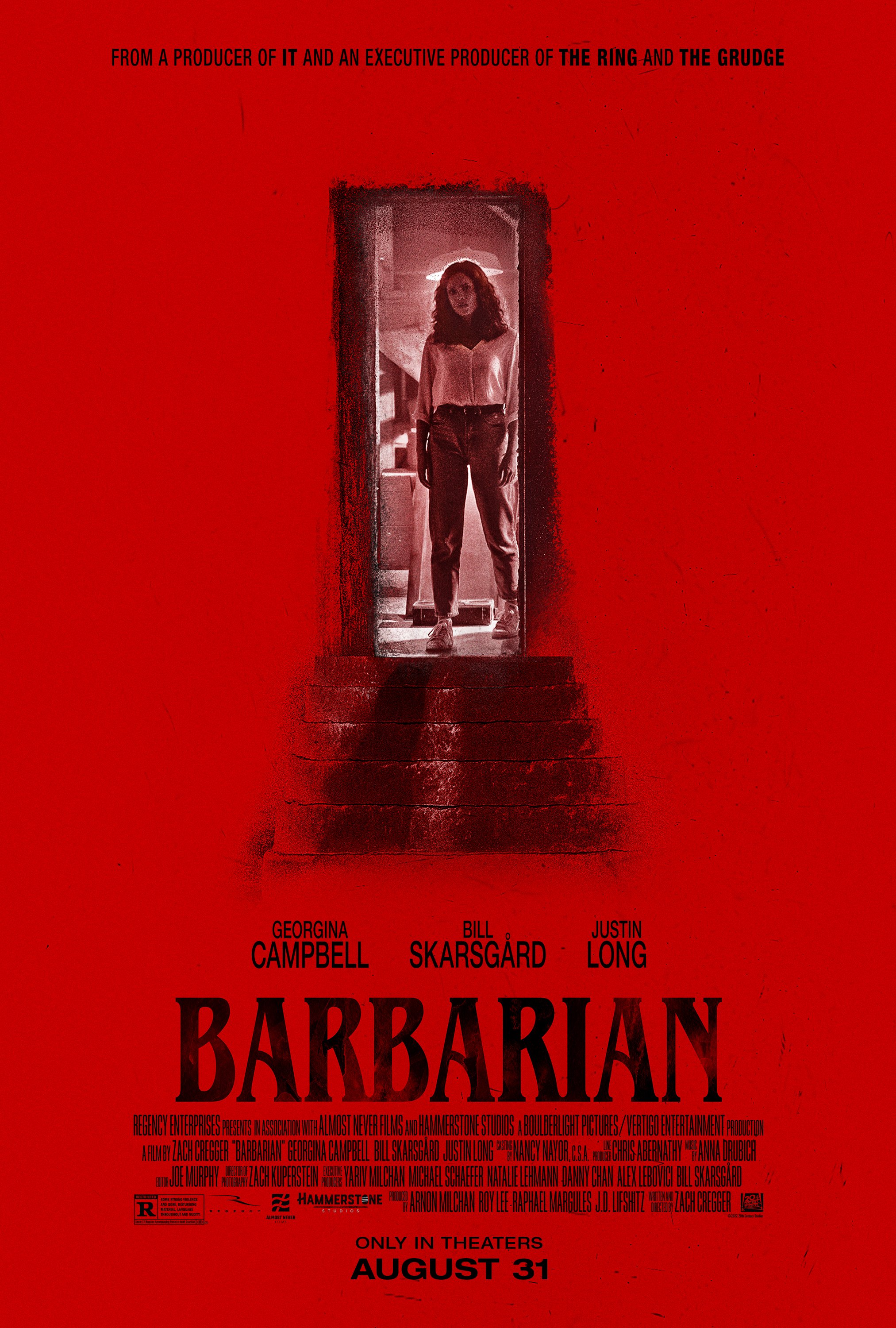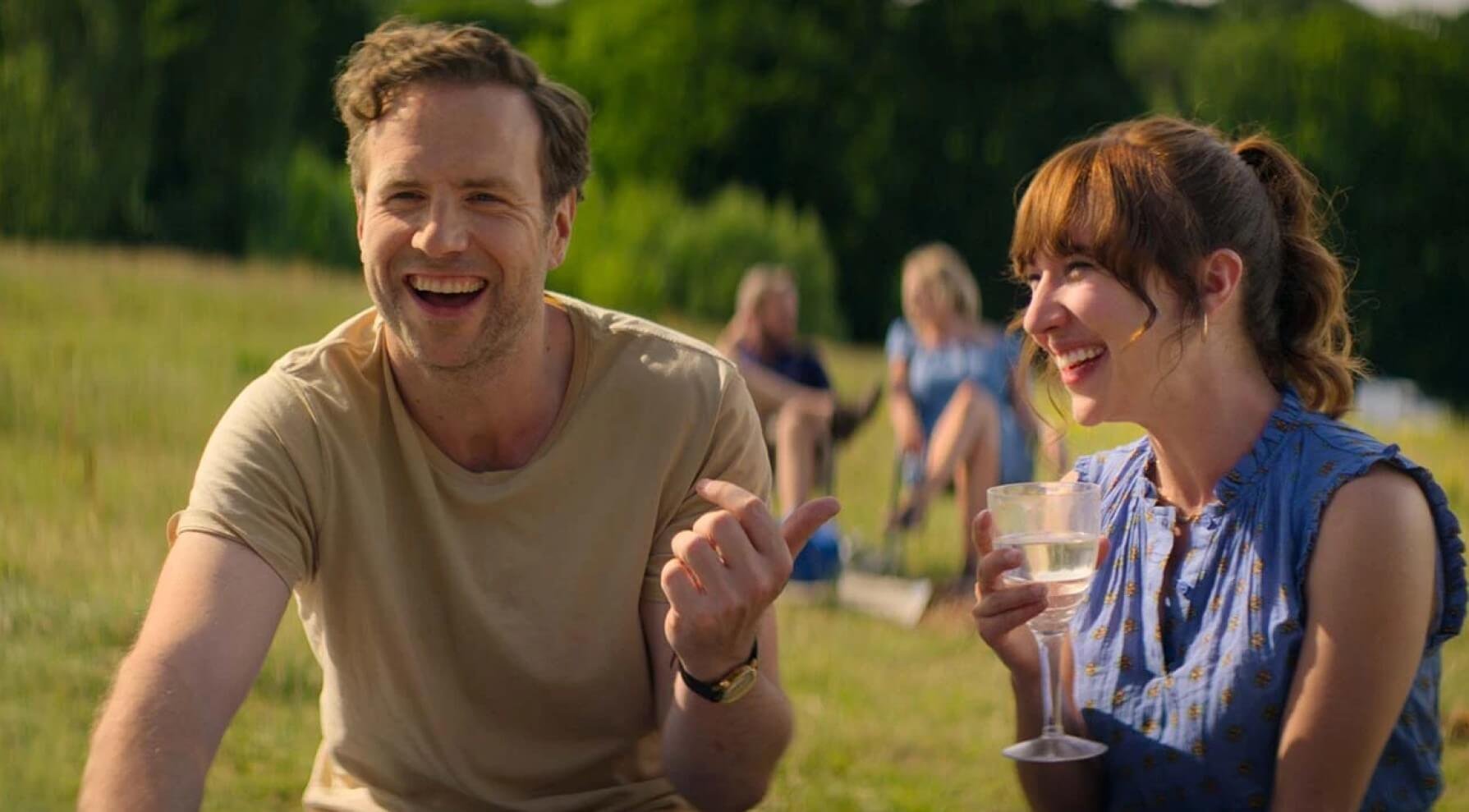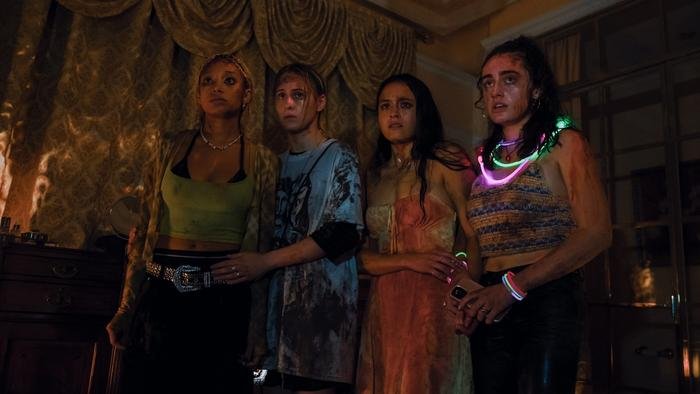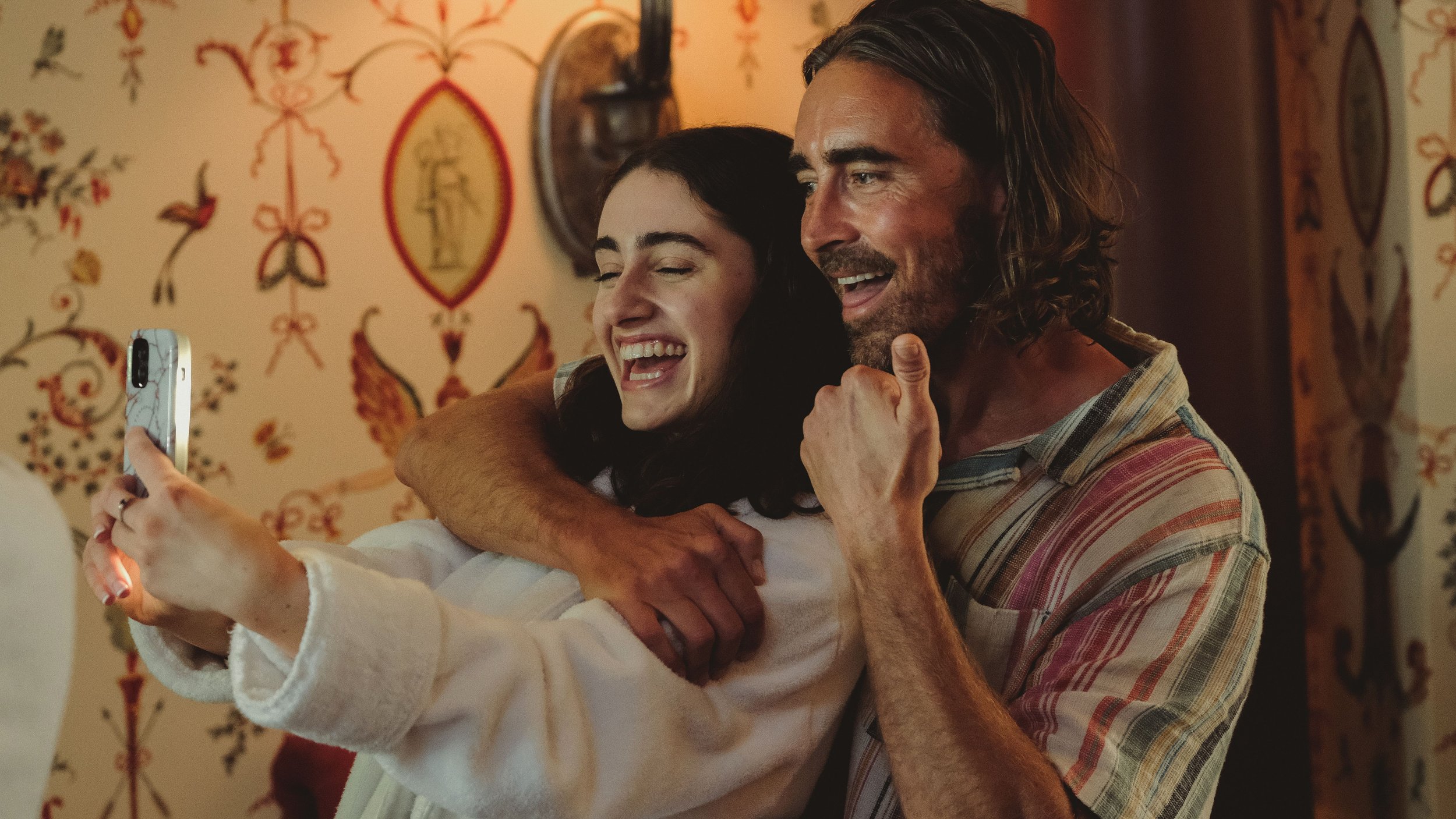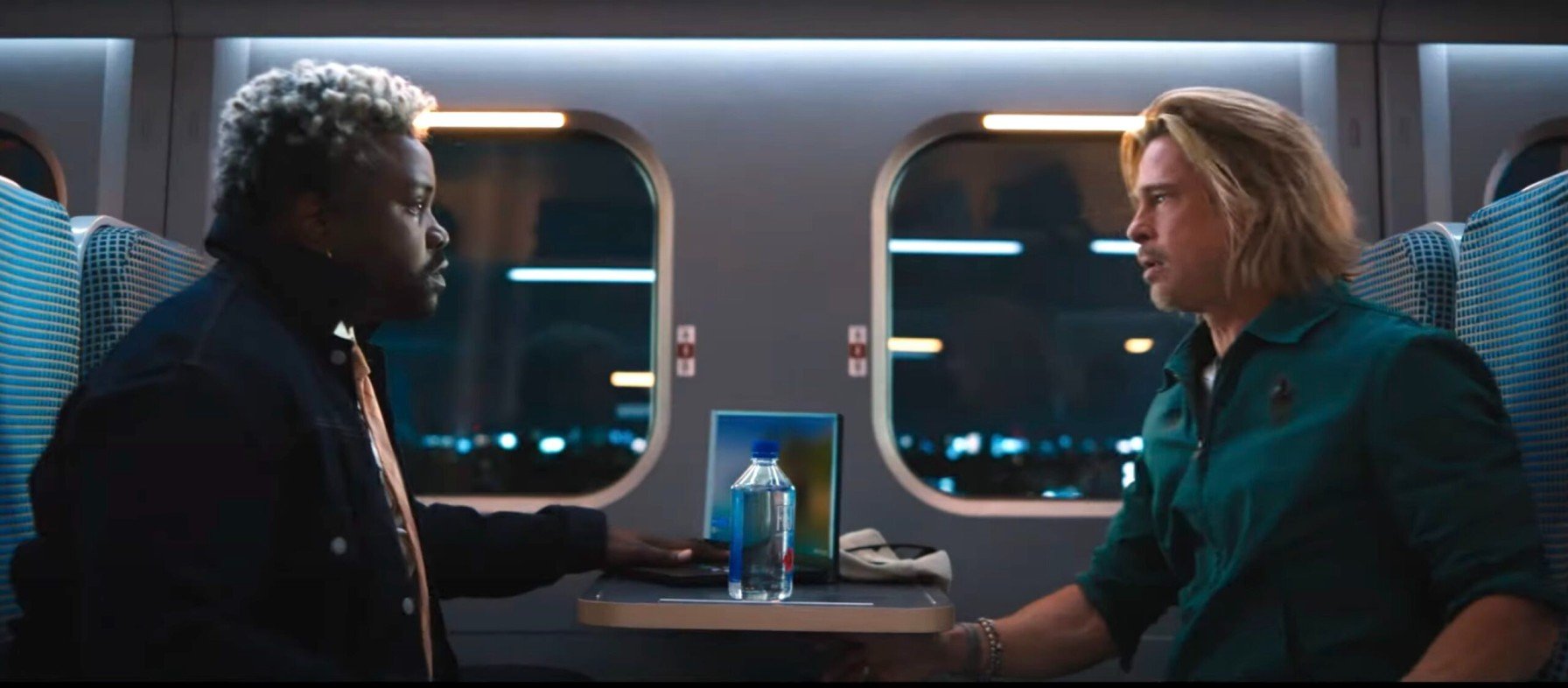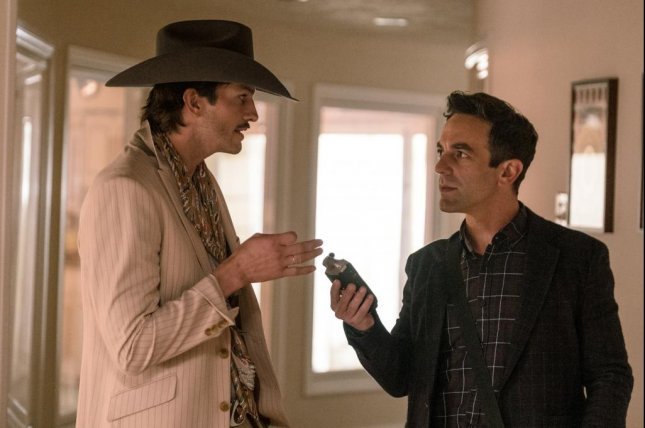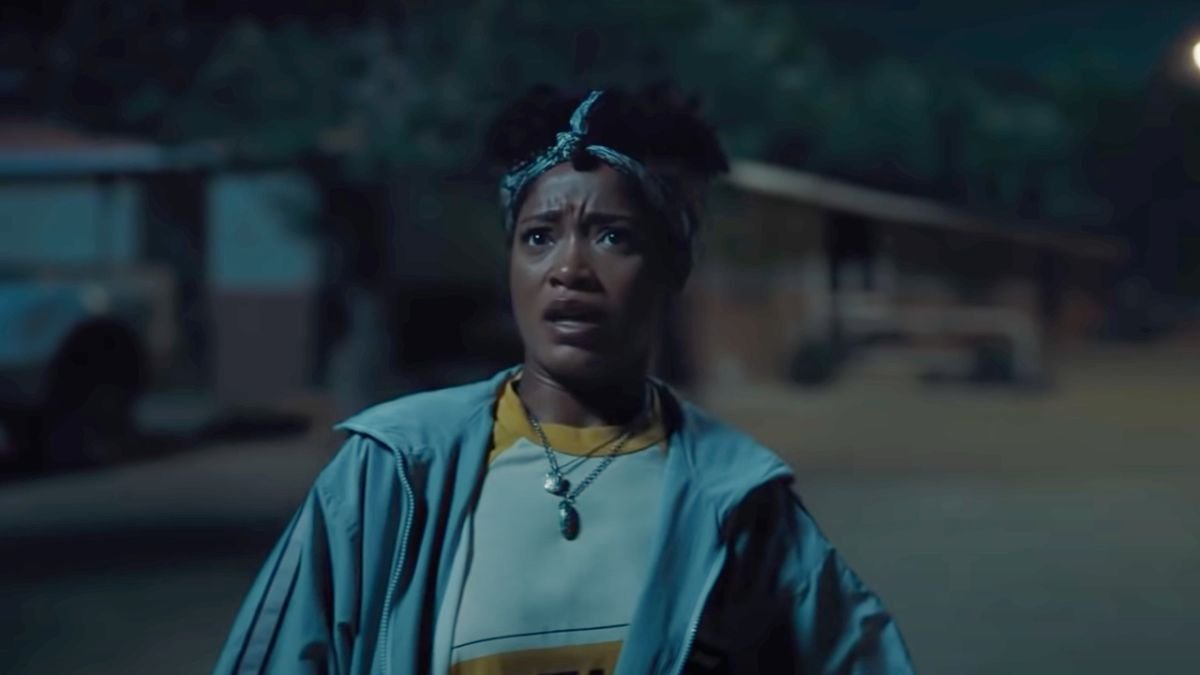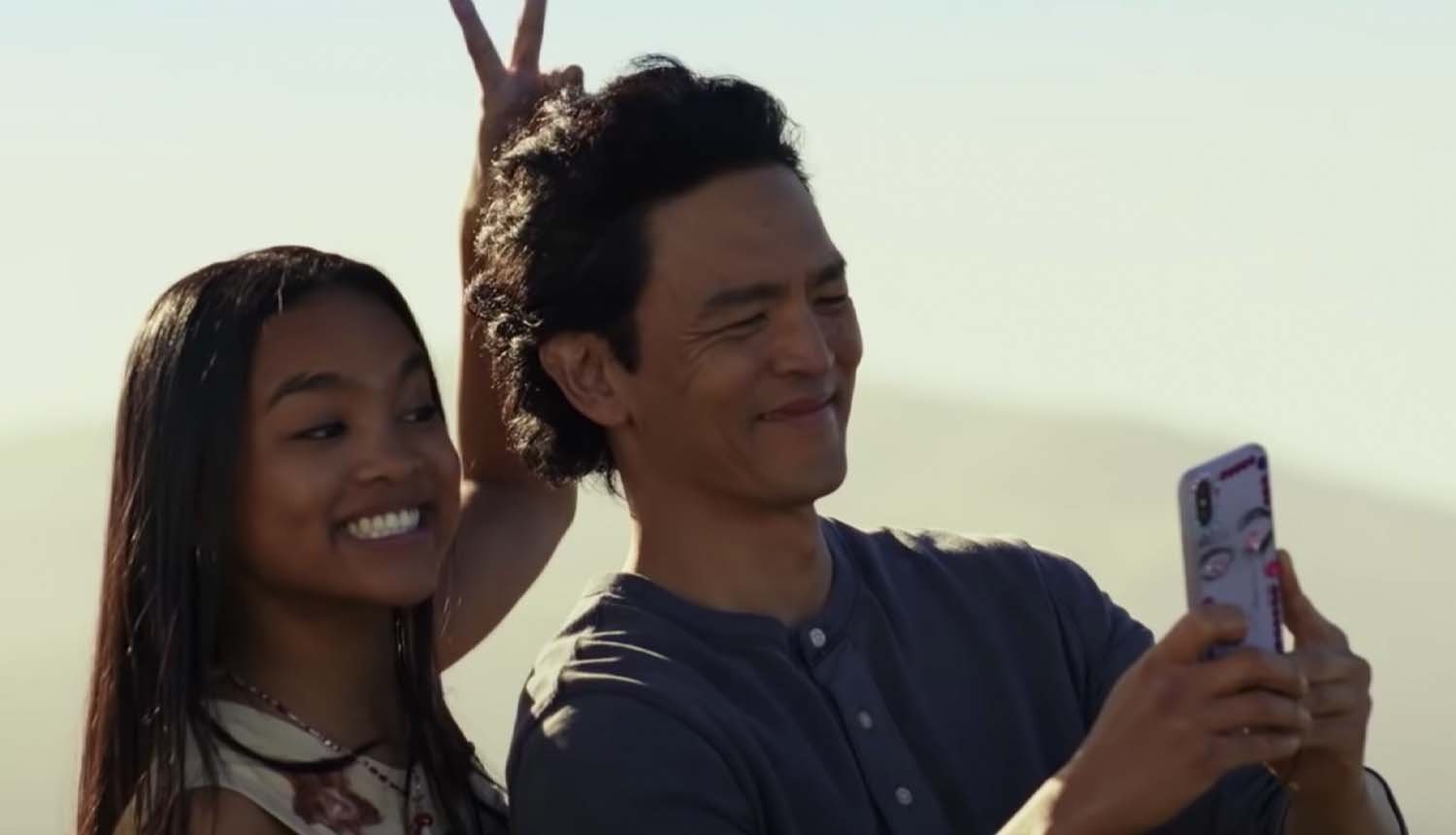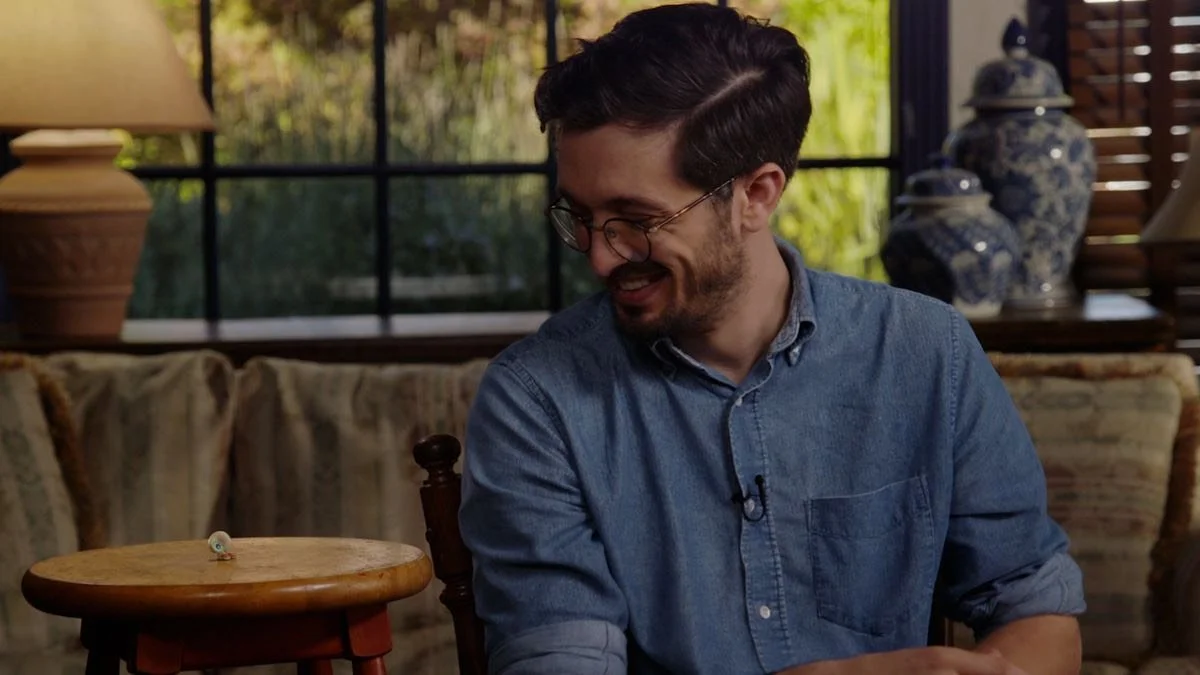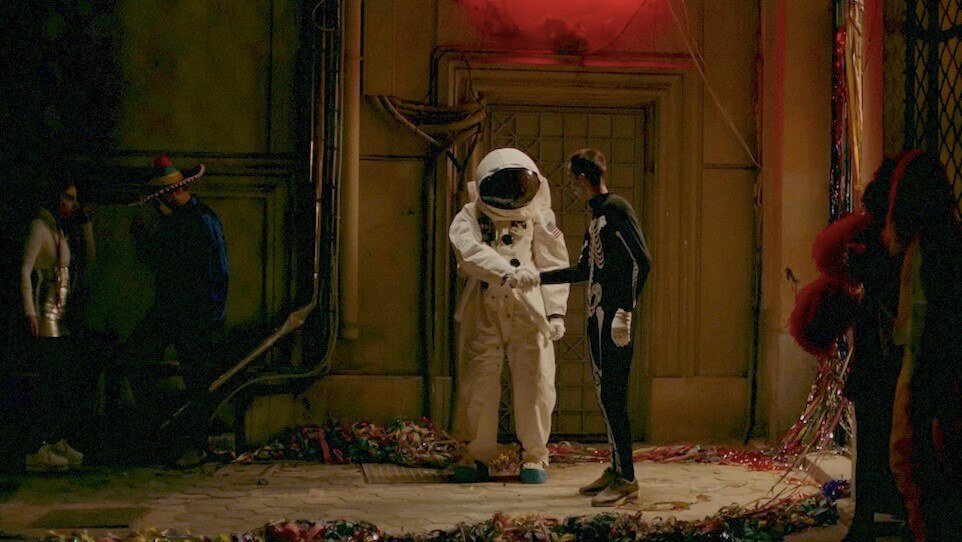In 1995, Ron Howard commanded “Apollo 13”, a harrowing drama about the real-life 1970 lunar mission where (NASA and) three astronauts had to think out of the box - in outer space - after an unexpected explosion damaged the ship.
Twenty-seven years later, Howard recreates another actual rescue attempt for the big screen. This time, the tight spot lands on Earth, an elaborate Thailand cave system, and 13 people – 12 kids and their soccer coach – are trapped. In “Thirteen Lives”, rescue teams search through the caverns.
The “Thirteen Lives” team invited the Phoenix Film Festival and other outlets to their Zoom Press Conference, and Jacqueline Coley, a Rotten Tomatoes editor, hosted the event, which included Howard, Viggo Mortensen, Colin Farrell, Joel Edgerton, Two Popetorn, James Teeradon, and other actors and producers.
“Thirteen Lives” arrives in theatres on July 29 and streams on Prime Video on August 5!
JACQUELINE COLEY: Ron, what made you want to tell this story?
RON HOWARD: Well, like a lot of people, I was aware of (this news story). My wife Cheryl was really paying attention. When I had a chance to read William Nicholson’s script, it not only delivered on everything I had recalled but (also) suggested so much more. There were more levels and dimensions to the heroics, to the people involved, especially the Thai people. There were surprises, (and) I felt like I could make something visceral and immediate. So, it was a really exciting, creative opportunity, and I knew I would learn a lot about the Thai culture.
This story is very, very important to Thai culture.
JC: Viggo, you play a real-life person (here), (and) the guy you’re playing was on set. Is (this) the first time you’ve had the real-life counterpart on set with you?
VIGGO MORTENSEN: No, but in this case, it was crucial, especially for what we had to do underwater. Rick (Stanton) was there during rehearsals. Jason (Mallinson), one of the real-life rescuers, came too. They helped us to not only swim like them and move like them but to be safe. We worked together above water as much as underwater. And underwater, I would say it was maybe even more important because even though you’re shooting a movie, and it’s somewhat a controlled situation, whenever you’re underwater and in caves, it’s dangerous.
So it felt, at times, very real. Sometimes too real.
JC: Colin, was there something about this role that changed your approach because “Thirteen Lives” is an action movie and a biopic in one?
COLIN FARRELL: Yeah, they say (you) don’t work with children or animals. Throw water into that mix as well. I can’t really swim. (With) scuba diving, you accept the process of submerging. So it’s a different world beneath the surface of the water.
I felt like I was one spoke of many in a story that was so multi-faceted. It wasn’t about us coming in as actors playing British divers who were there to save the day. It was really about us being led by our Thai brothers and sisters, and the people we were playing, the divers, and how they guided us through the actual events. In a time (when) the world seems to be living under greater and greater division, (it) was really about people from different nationalities (and) different cultural backgrounds coming together for a common purpose. It was a great gift.
JC: Two, how did you approach this experience?
POPETORN SOONTHORNYANAKIJ (TWO POPETORN): Well, to start, this has been a great experience for all of us Thai actors. (It’s an) honor to tell our story through Ron’s film, and it feels like we have (a) responsibility to do a really good job for all of us Thai people. It's just been a great ride, and we enjoyed every moment.
JC: James, (you play the soccer coach), and (much) of your time was spent with (the) young actors. How was that for you, guiding them through this process?
TEERADON SUPAPUNPINYO (JAMES TEERADON): It (was) quite hard for me because I’m not (really a) kid person, but I really respect the (young actors). They (are) passionate. Every time I worked a scene with them, they showed me something (inspiring) to make (it) better, better, and better.
JC: Joel, what was the most surprising thing you learned about this story?
JOEL EDGERTON: I thought I knew a lot about (it). And then, once I got involved in the project, there were (aspects of the rescue) that were very surprising. But the thing that surprised me about Harry (Harris), and I have played real people before, is it's rare that I've been that humbled and, therefore, a little nervous about taking on (this) role because he's such an impressive person and a national hero in Australia.
I found it incredibly emotional hearing some of Harry’s stories and reading his book. As a side note, I became a father during the shoot, and (the movie) became even more (about the) care of (the) children.
JC: Tom, I have to imagine signing up for (this) film has to feel like a dream come true with just everyone they assembled (for) it.
TOM BATEMAN: The divers were (generous) with their time. Chris Jewell gave me hours and hours and hours of Facetimes to talk me through what he went through, and what (he) went through was pretty intense. I've dived before, but I never with a roof on my head. It was quite amazing. I'm hugely claustrophobic, so I struggled pretty much every day. The last stunt dive was one of my last days, and I loved this experience (and) Ron very, very much, but my God, I was happy to get out of that. When we (went) into those caves, there (was) something haunting and truly desperate and dangerous in everything.
The design was incredible. There's constantly water coming in, and we spent the whole shoot wet, cold, and underwater. I cannot believe what (the divers) did, and to be a small part of telling their story is a real honor. But, my God, I was happy to be finished, yeah.
RH: I have to jump in. First of all, Tom, I notice you didn’t mention claustrophobia in your audition.
TB: Yeah, because I wanted the job, Ron.
RH: But I have to add that the real Rick Stanton and Jason Mallinson came in, and their job was to work with the actors, so the angles that would feature them would have an authentic feel. But it was even more important to train the doubles, the photo doubles, so that in the wider shots and the other shots with a lot of intense water volume and pressure and the unbelievably tight squeezes, that the stunt people actually knew how to dive.
But the actors started working with Rick and Jason, and Viggo led the group and basically said we don't want anybody else to double us. We are learning this, and we’ll do it. We’ll work on the weekends. Whatever it takes. And (that) is what they all did. It enabled me to make the photography so fluent and so immediate because they were doing every one of those squeezes and pressurized situations where the water volumes were dumping on them and with the kids and all of it.
I just didn’t want to let this moment go. That’s why they are great artists.







